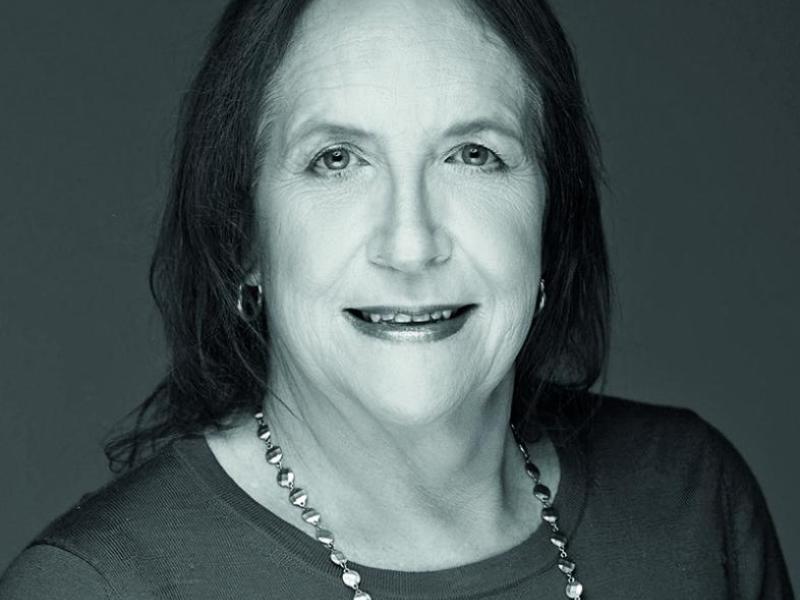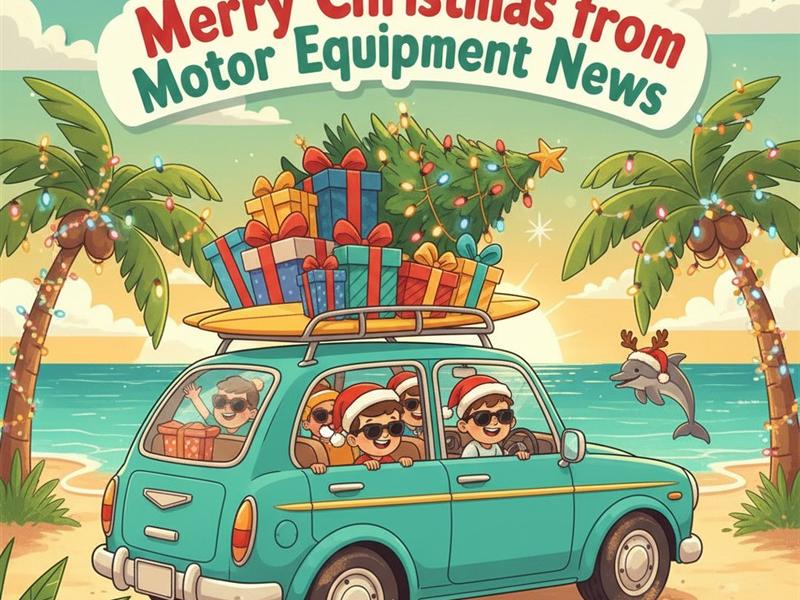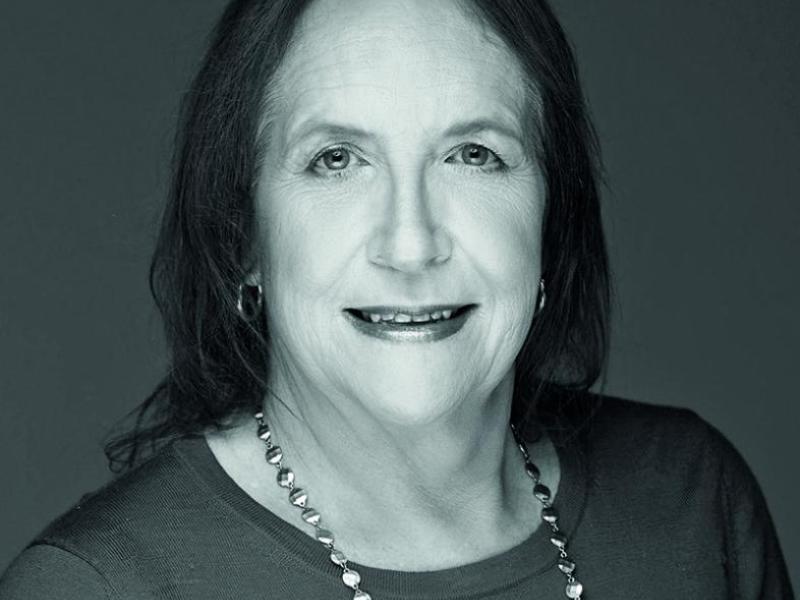As we have said many times, full EV vehicles are not the answer to all our needs in New Zealand, and have pitfalls that are already coming to light (see p18) as well as huge infrastructural problems. Electricity infrastructure company Vector in a recent “green paper” said the power required to charge an EV with a long-distance battery in the suburbs would put a strain on existing infrastructure, as electricity networks had traditionally been sized based on the number of houses on the street. However, each EV would add the equivalent of one to 20 houses’ power needs, and there could be problems if all the EV owners chose to charge during peak time or use faster charging options. This once more accentuates the need for caution before rushing into new technology, and certainly before advocating its widespread use without thought for the consequences. Electricity supply companies are pushing EVs for one reason only – to make more money. However, as we have said before, the future for longer distance travel, and one which fits in with traditional vehicle use in New Zealand, is hydrogen power using fuel cells. A fuel cell vehicle uses hydrogen from a tank carried in the vehicle, and converts this to electricity, which then drives electric motors to the wheels. The only emission is water. Hydrogen is produced by using (sustainable) electricity to split water into hydrogen and oxygen, thus assisting reversal of the “greenhouse” effect. In Europe there are already hydrogen filling stations where the hydrogen is made on-site, and vehicles fill up just like a petrol station, and nearly as quickly. There are no big batteries to overheat or degrade, and nowhere near the wasteful extra weight that a pure EV carries. And now Hyundai Group (including Kia), the leader in hydrogen vehicles, has joined up with Audi, the “lead” on hydrogen in the VW group, to share knowledge and even components to get hydrogen fuel cells into widespread use. And it’s willing to share with anybody else to reach this goal.
Motor Equipment News July 2018 is OUT NOW
Motor Equipment News July 2018 is OUT NOW
Ed Speak
Wednesday, 27 June 2018





